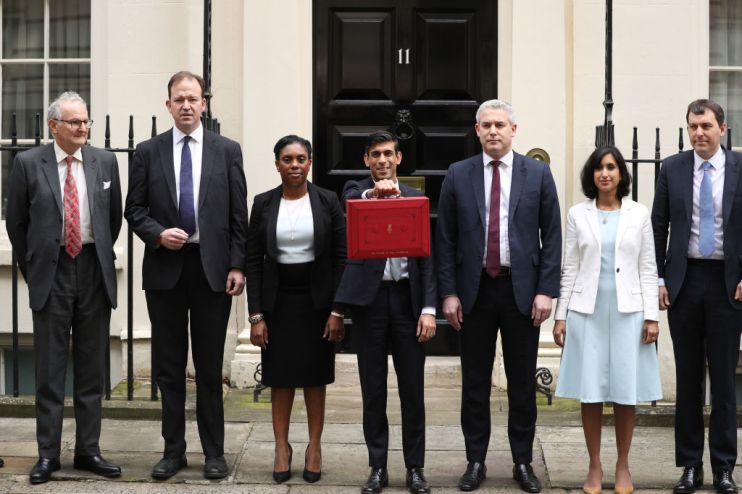Small companies slam plans for big Making Tax Digital extension

Small businesses have slammed the government’s planned expansion of the Making Tax Digital programme, saying it means more cost and paperwork for companies at a time when they are under great pressure.
The government today said it will extend its tax digitisation programme to 4.7m of the UK’s smallest companies and self-employed workers from April 2022. It comes as part of a drive to “modernise” Britain’s tax system.
HMRC’s Making Tax Digital programme will be extended to firms with turnover below the VAT threshold of £85,000. The change will come into force at the start of the 2022 financial year.
Under the tax-modernisation programme, companies are required to keep digital records and provide VAT returns through software.
Those who file self-assessment income tax returns for business or property income over £10,000 a year will have to follow the rules from 2023, the Treasury said today. Of the 4.7m entities the changes will cover, around 3.4m are landlords or self-employed.
But Mike Cherry, chairman of the Federation of Small Businesses (FSB), said: “The last thing we need is wholesale expansion of Making Tax Digital without the right support in place.”
“Government should be backing small businesses and the self-employed to drive recovery from a severe recession,” he said. He added that the changes would “mean more costs and paperwork for small firms at a critical time”.
He also said the government “must deliver on the promise of free Making Tax Digital software”. The FSB argues that would reduce the burden on firms.
Treasury says productivity gains outweigh costs
Yet the Treasury argues that the productivity gains far outweigh the up-front costs of tax digitisation. It said the cost of compliance is about £180 and then £20 per year.
It pointed to a report by Lloyds Bank that found businesses the most digitally engaged firms save a day a week in admin.
However, Cherry said FSB members report that the average year one cost of compliance is £564.
Since its launch last year more than 1.4m businesses have joined the programme. So the 2022 and 2023 changes would amount to a huge extension of the scheme.
The scheme is designed to make it easier for businesses and people to pay tax and reduce avoidable errors and fraud. The Treasury says mistakes cost the exchequer £8.5bn in 2018-19.
“Making Tax Digital will make it easier for businesses to keep on top of their tax affairs,” said financial secretary to the Treasury Jesse Norman.
“But it also has huge potential to improve the productivity of our economy, and its resilience in times of crisis.”